|
|
|
|
The International Criminal Court (ICC) in The Hague has found Ugandan-born Dominic Ongwen guilty of war crimes and crimes against humanity. Ongwen’s story is unsettling because it challenges stereotypes about the pathological war criminal – relentless men who are indifferent to human suffering or, more typically, who actively seek it out. Abducted and conscripted into the Lord’s Resistance Army as a child, Ongwen grew up to become one of its dreaded fighters. Here Kjell Anderson chronicles Ongwen’s life.
The top 50 donors in the U.S. gave nearly $25 billion in 2020, up from $16 billion a year earlier, according to a detailed new report published by The Chronicle of Philanthropy. Where did all of that money go? We asked three philanthropy scholars – Binghamton’s David Campbell, Seattle University’s Elizabeth Dale and Jasmine McGinnis Johnson of George Washington University – to assess the trends and where even this huge surge of giving
fell short of expectations.
|
Wale Fatade
Commissioning Editor: Nigeria
|

|
|
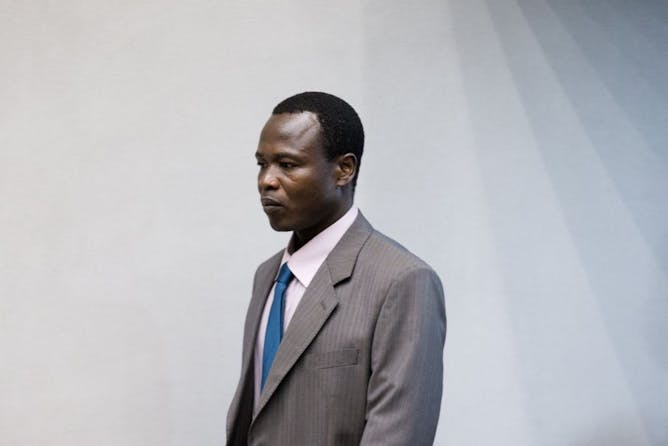
Dominic Ongwen enters the court room of the International Criminal Court (ICC) in The Hague, on December 6, 2016.
Photo by Peter Dejong/Pool/AFP via Getty Images
Kjell Anderson, University of Manitoba
Former fighters described Ongwen as a model fighter and an effective commander – but testimony in his trial detailed the former child soldier’s alleged personal role in the rape of underage women.
|
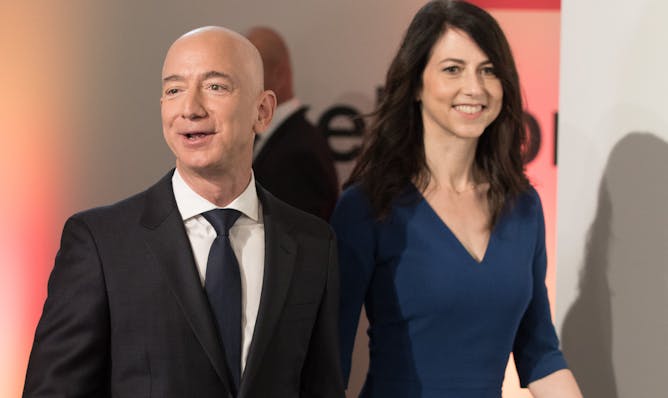
Jeff Bezos and MacKenzie Scott, seen here before they divorced in 2019, were the top two U.S. charitable donors the following year.
Jorg Carstensen/dpa/AFP via Getty Images
David Campbell, Binghamton University, State University of New York; Elizabeth J. Dale, Seattle University; Jasmine McGinnis Johnson, George Washington University
While support for social services and historically black colleges and universities rose sharply, these donors spent a tiny fraction of what the government distributed to people who needed help.
|
Health + Medicine
|
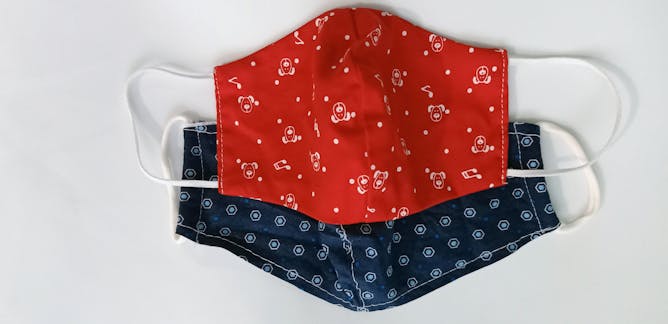
Catherine Clase, McMaster University; Charles-Francois de Lannoy, McMaster University; Juan Jesus Carrero, Karolinska Institutet; Roberto Pecoits-Filho; Scott Laengert, McMaster University
Are two face masks better than one? Adding layers of filtration by double masking is a way of using the masks that we already have, possibly to better effect.
| |
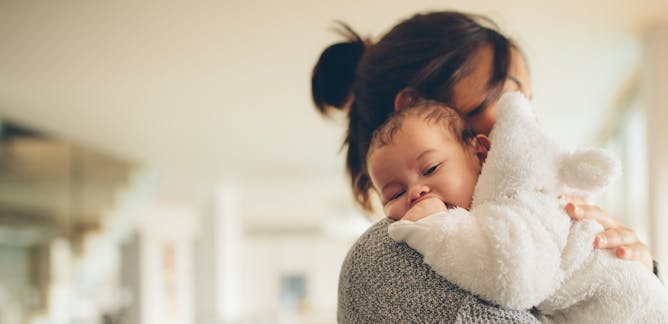
Vicky Fallon, University of Liverpool; Sergio A. Silverio, King's College London; Siân Macleod Davies, Liverpool John Moores University
A study examined the psychological and social experiences of over 600 women with babies between birth and 12 weeks during the first UK lockdown.
|
|
|
Politics
|
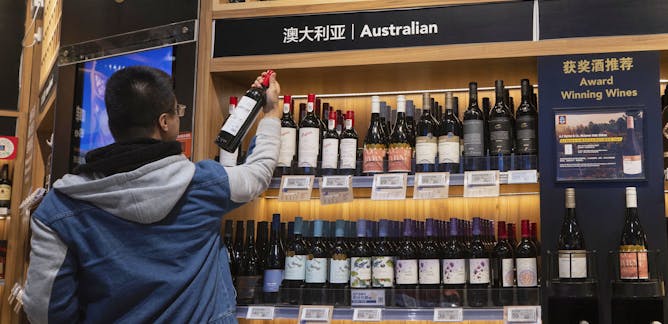
Melissa Conley Tyler, University of Melbourne
China's import restrictions hurt Australia, but they also hurt China. In more ways than one.
| |

Simon Mabon, Lancaster University
The underlying issues of inequality, corruption and poverty are still dogging the region, ten years after the protests.
|
|
|
Science + Technology
|
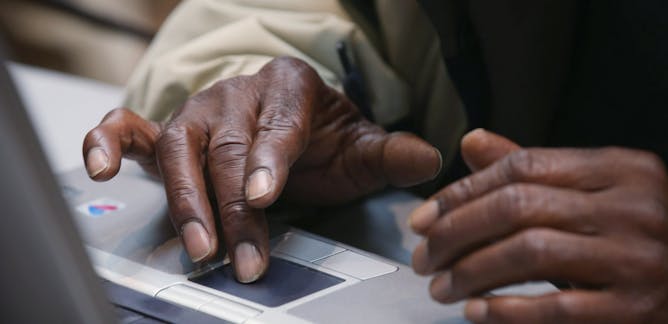
Tamra Burns Loeb, University of California, Los Angeles; AJ Adkins-Jackson, Harvard University; Arleen F. Brown, University of California, Los Angeles
Early numbers show that people from racial and ethnic minorities have lower vaccination rates. Lack of internet access could be a reason.
| |

Tom Harrison, University of Birmingham
Cultivating 'cyber-wisdom' could help children make smarter decisions online.
|
|
|
En Français
|
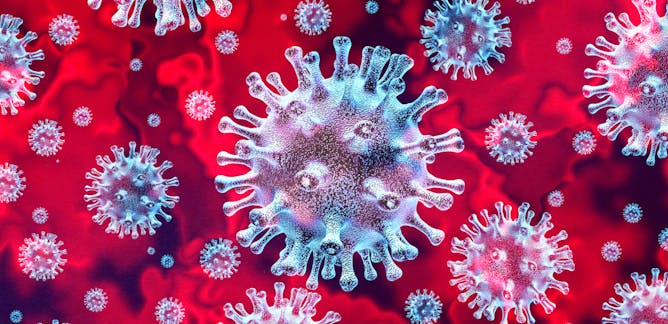
Christian Yates, University of Bath
« Plus petite est la bête, plus elle a de venin », dit un proverbe provençal. Une maxime très à propos dans le cas du coronavirus SARS-CoV-2…
| |
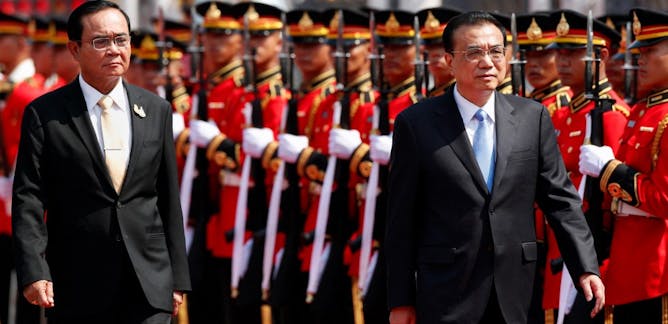
Emmanuel Véron, Institut national des langues et civilisations orientales (Inalco); Emmanuel Lincot, Institut Catholique de Paris
Traditionnellement proche des États-Unis et du Japon, la Thaïlande se rapproche désormais de la Chine sur de nombreux plans.
|
|
|
En español
|
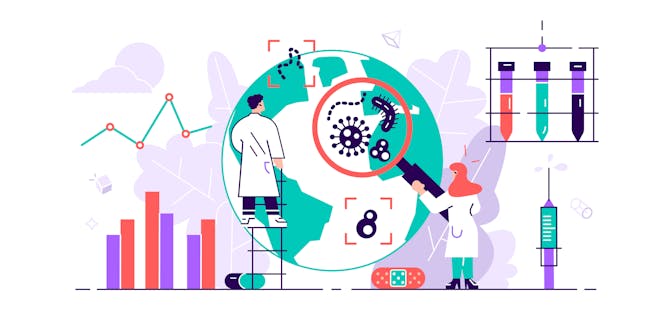
Óscar Zurriaga, Universitat de València
Quien desdeña la epidemiología muestra una cantidad considerable de desconocimiento.
| |

Alejandro Prieto Ayuso, Universidad de Castilla-La Mancha; Sixto González Víllora, Universidad de Castilla-La Mancha
Cierres de parques, polideportivos, reducción de la práctica de deportes en el colegio... Los efectos de la falta de ejercicio en los niños desde que comenzara la pandemia han sido evidentes (psicológicos y físicos). Los expertos nos dan las claves para acabar con el sedentarismo de los menores.
|
|
|
| |
| |
| |
| |
| |
| |
|
|
|
|
|
|
|